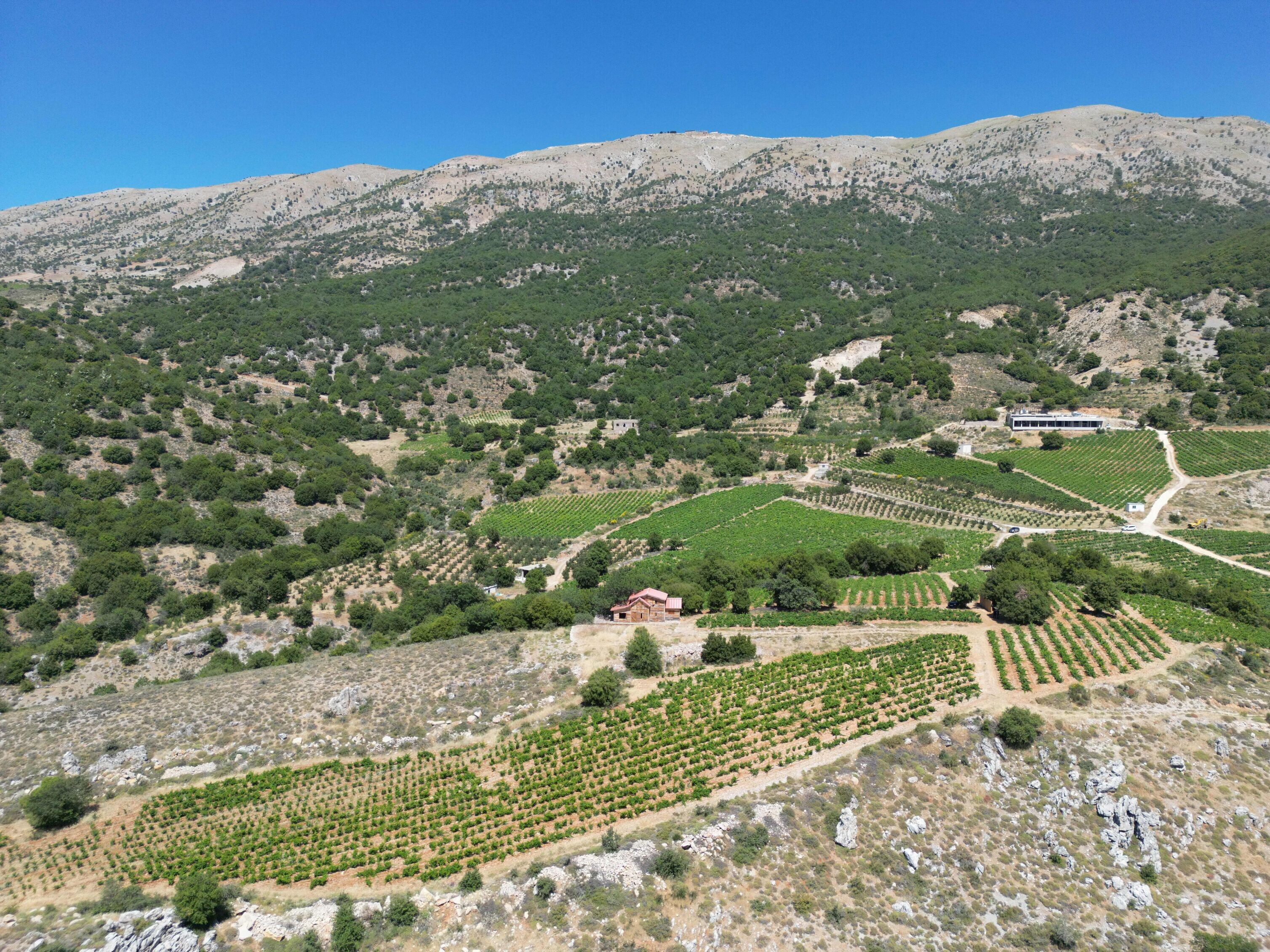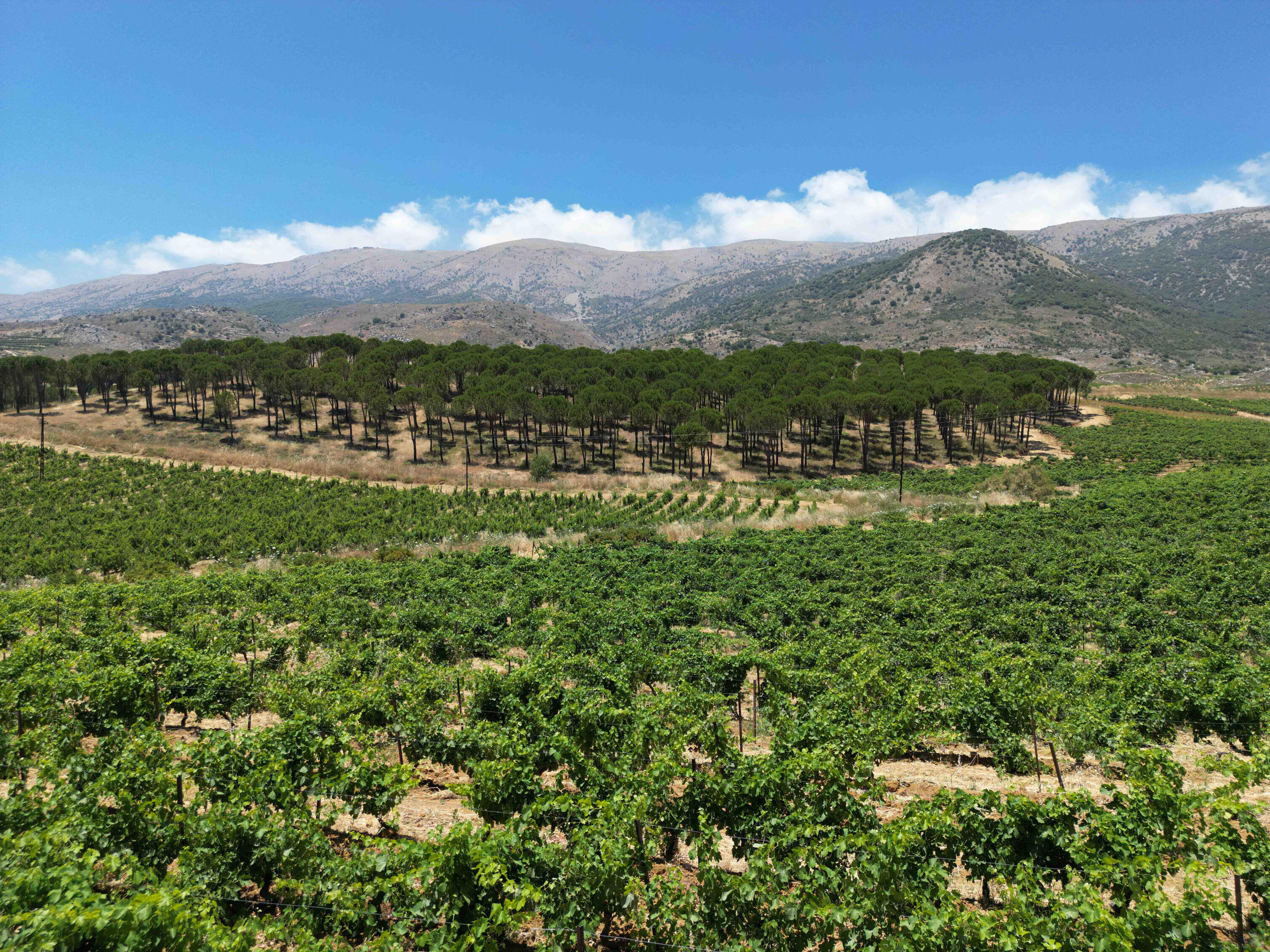An integrated landscape approach to restore Lebanon’s Upper Litani Basin

Lebanon’s Upper Litani Basin.
©Shouf Biosphere Reserve
A new USD 19.6 million Global Environment Facility (GEF) project aims to restore vital ecosystems and improve livelihoods in the upper region of Lebanon’s Litani Basin, the country’s largest watershed and one of its most vulnerable areas.
Lebanon increasingly depends on domestic production to feed its people. But pressure on the agriculture sector of this densely populated country, coupled with other anthropogenic factors and climate change impacts, is degrading, depleting and polluting land and water resources.
The FAO Investment Centre partnered with the International Fund for Agricultural Development (IFAD) to design the Restoring Ecosystem Connectivity for Biodiversity and Sustainable Livelihoods in the Litani Watershed project – ECONNECT for short. The project is co-financed by GEF (USD 3.2 million) and by Lebanese partner organizations (USD 16.4 million).
ECONNECT will focus on strengthening the enabling environment to scale up ecosystem restoration in degraded mosaic landscapes. It will also promote sustainable agroecological practices and responsible value chains, including aquaculture.
In doing so, ECONNECT hopes to tackle rising poverty and vulnerability stemming from Lebanon’s ongoing economic crisis.

Upper Litani Basin © Shouf Biosphere Reserve.
Enhanced ecosystem services, sustainable livelihoods
Lebanon is a hotspot for unique biodiversity with a diverse range of ecosystems. Recent efforts to revitalize degraded lands and ecosystem productivity across the Upper Litani Basin have been scattered.
There is a need for coordinated and sustainable landscape management planning and governance given the environmental and social challenges communities in the watershed face along with competing land uses.
ECONNECT will develop an ecological corridor that connects the Shouf Biosphere Reserve and Mount Hermon Protected Area to restore heavily degraded lands, preserve biodiversity and improve ecological connectivity. The project aims to restore more than 3 500 hectares of ecosystems and place 68 000 hectares of landscapes (6.5 percent of the national area) under improved natural resource management practices.
At the same time, the project seeks to create a network of farmers, fisherfolks and business operators committed to green value chains and sustainable production.
ECONNECT will pilot innovative and environmentally friendly approaches such as integrated crop-fish systems to reduce agricultural pollution, improve soil health, diversify income opportunities and improve food and nutrition security.
It will train small-scale producers, especially women, on climate-resilient farming and aquaculture practices and strengthen market linkages for more profitable agribusinesses.
Better access to finance through a matching grant fund will provide small-scale producers with incentives to transform how they produce food. Enhanced ecosystem services from these activities will strengthen climate resilience and reduce pollution in the watershed, benefitting the country’s emerging freshwater aquaculture sector.
ECONNECT seeks to be transformative, showcasing the benefits of circular economy principles and nature-based solutions, and sharing best practices and lessons. IFAD will serve as the GEF implementing agency for the project. The activities will be carried out by the Al Shouf Cedar Society, the entity responsible for the management of the Shouf Biosphere Reserve, in collaboration with local partners.
